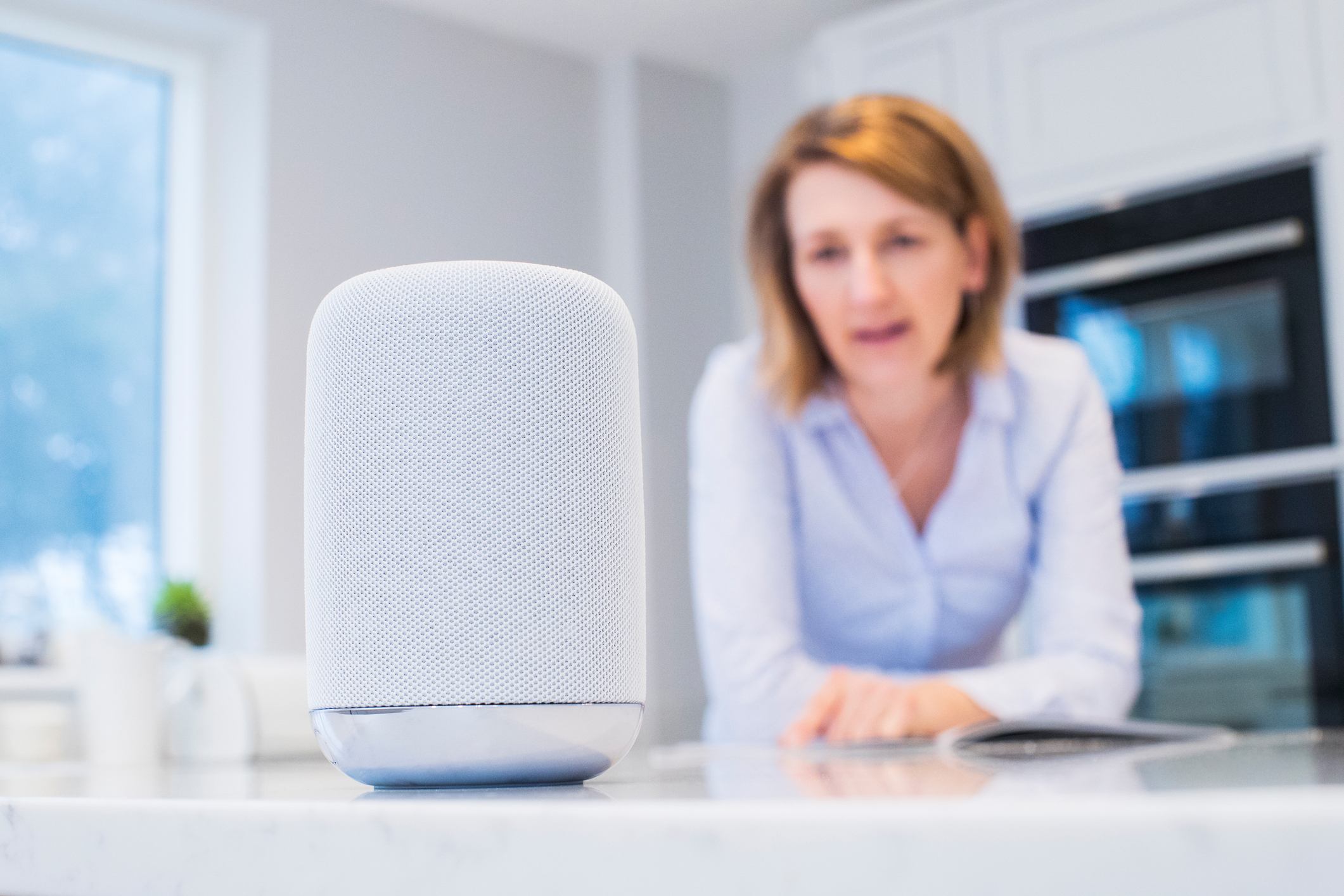
AI has been quickly enlisted on many fronts in the battle against COVID-19, and now researchers are exploring how might be useful to help address patient anxiety as the pandemic continues.
According to an article at HealthITAnalytics, researchers from the Indiana University Kelley School of Business recently conducted an online experiment to study whether AI-powered chatbots were seen by patients as providing satisfying information that would likely be followed.
The study, which was recently published in JAMIA, found that “the primary factor driving user response to screening hotlines (human or chatbot) is perceptions of the agent’s ability. When ability is the same, users view chatbots no differently or more positively than human agents. The primary factor driving perceptions of ability is the user’s trust in the hotline provider, with a slight negative bias against chatbots’ ability.”
Moreover, chatbots could make patients feel less anxious about seeking medical care, the researchers said, noting, “This positive response may be because users feel more comfortable disclosing information to a chatbot, especially socially undesirable information, because a chatbot makes no judgment.”
Even before the pandemic, chatbots have been seen as a technology that could accelerate patient-provider interactions and online searches for medical information.
“Chatbots are scalable, so they can meet an unexpected surge in demand when there is a shortage of qualified human agents,” the authors wrote. “Chatbots can provide round-the-clock service at a low operational cost.”
The team also emphasized that the main factor driving individuals’ perceptions of ability was the user’s trust in the provider of the screening hotline.
“Proactively informing users of the chatbot's ability is important,” the authors wrote. “Users need to understand that chatbots use the same up-to-date knowledge base and follow the same set of screening protocols as human agents. Because trust in the provider strongly influences perceptions of ability, building on the organization's reputation may also prove useful.”
According to the article, a number of organizations are exploring the potential for chatbots during the pandemic.
UCLA Mattel Children’s Hospital, for example, has introduced a robot named Robin to ease pediatric patients’ loneliness while physically isolating in the hospital. Robin is powered by emotional learning technology, allowing the tool to engage realistically with children.
“Negative feelings are even stronger during this time,” said Dr. Justin Wagner, pediatric surgeon at UCLA Mattel Children’s Hospital and co-leader of the Robin project, in a recent interview. “We hope to integrate Robin as a member of the team, augmenting our ability to give children contact, attention and companionship.”
The organization expects to deploy Robin in mid-July, the article noted, where it will go through a year-long training period. A specialist from the hospital’s Chase Child Life Program will provide Robin’s voice and control the robot’s actions as it learns how to respond to the needs of children and families.


